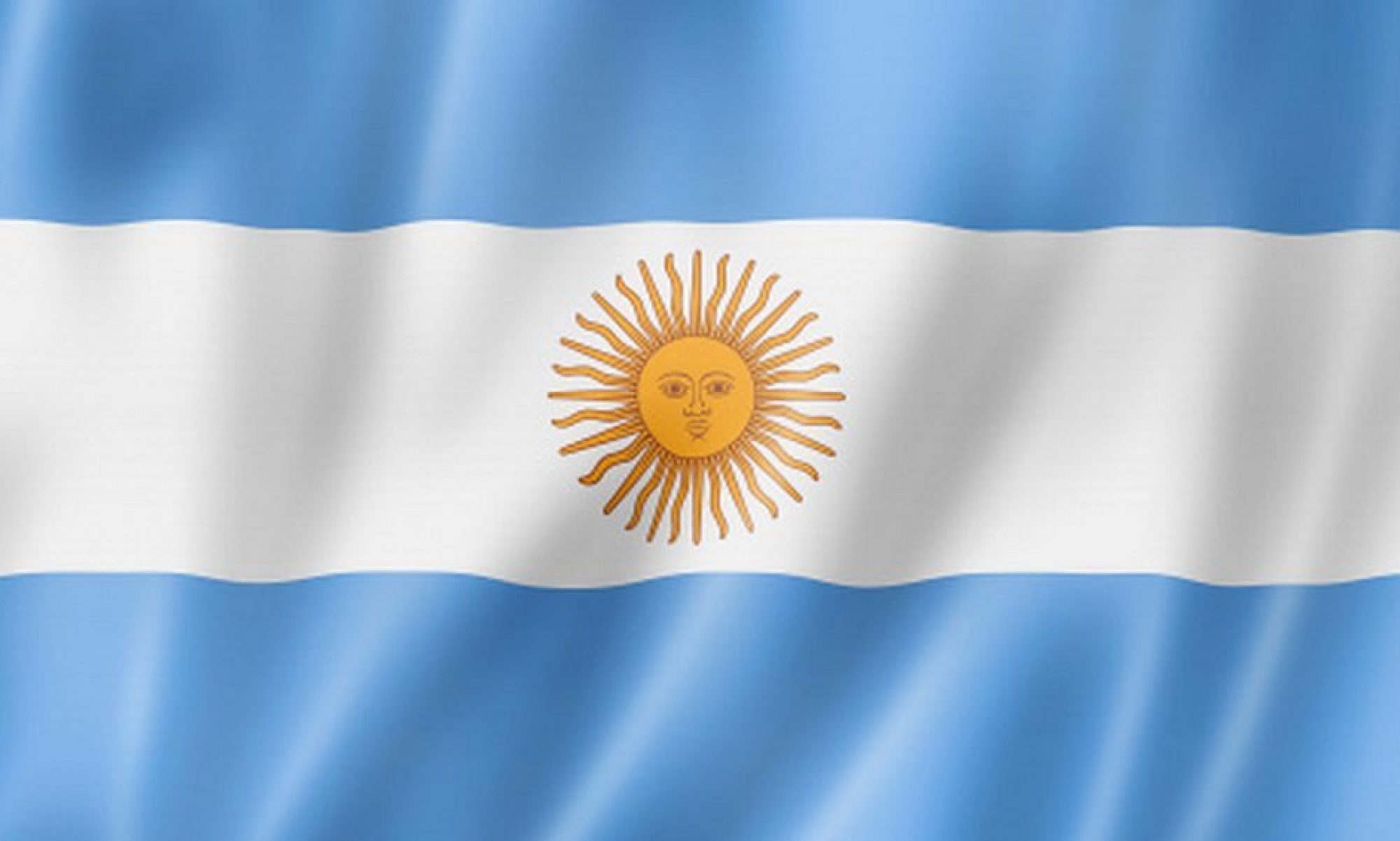The Power of Mythology in Game Development
When we think of video games, our minds often wander to fantastical worlds, magical creatures, and legendary heroes. But have you ever stopped to consider where these game developers get their inspiration from? The answer lies in a rich tapestry of mythology that spans centuries, cultures, and continents.
Game development is an art form that requires a deep understanding of storytelling, world-building, and character creation. Developers draw upon real-world myths to infuse their games fireportals-game.com with depth, meaning, and emotional resonance. In this article, we’ll explore how game developers use mythological inspirations to create immersive experiences for players around the globe.
The Allure of Ancient Mythologies
One of the most significant influences on modern gaming comes from ancient mythologies, particularly Greek and Norse mythology. The stories of gods and goddesses, monsters and heroes, have captivated human imagination for millennia. Game developers recognize the timeless appeal of these tales and adapt them to create engaging narratives.
Take, for instance, the game "Rise of the Argonauts" (2008). This action-adventure game draws inspiration from ancient Greek mythology, where the protagonist Jason leads a crew on a perilous quest for the Golden Fleece. The game’s developers, Liquid Entertainment, incorporated mythological creatures such as Medusa and Cyclops to create an immersive experience.
Similarly, the critically acclaimed "God of War" series by Santa Monica Studio has its roots in Norse mythology. The games’ protagonists, Kratos and Atreus, embark on a journey through realms inspired by ancient Viking lore. This franchise showcases how mythological inspirations can be reinterpreted for modern audiences while maintaining their original essence.
Mythology’s Influence on Fantasy World-Building
The concept of fantasy world-building has become an integral aspect of game development. Developers often draw upon mythology to create richly detailed environments, populated by fantastical creatures and magical beings. This approach allows players to explore new worlds, each with its unique lore and cultural context.
In the case of "World of Warcraft" (2004), Blizzard Entertainment drew inspiration from various mythologies, including Celtic and Norse folklore. The game’s sprawling world is inhabited by mythical creatures such as goblins, orcs, and dragons. This example illustrates how mythology can be adapted to create a vast, immersive universe that captivates millions of players worldwide.
Incorporating Mythological Themes and Symbolism
Game developers often incorporate mythological themes and symbolism to add depth to their games’ narratives. By doing so, they tap into the collective unconscious, making the experience more relatable and emotionally resonant for players.
For example, in "Dark Souls" (2011), FromSoftware’s notoriously challenging action-RPG draws inspiration from Christian and Norse mythology. Players navigate a dark world filled with symbolic representations of mythological themes, such as the cycle of life and death, good vs. evil, and the struggle between fate and free will.
Fusion of Mythology with Real-World Cultures
The fusion of mythology with real-world cultures is another significant trend in game development. Developers often draw upon diverse cultural influences to create unique narratives that blend mythological elements with historical accuracy.
In "Horizon Zero Dawn" (2017), Guerrilla Games drew inspiration from various mythologies, including Norse and Hindu folklore. The game’s protagonist, Aloy, navigates a post-apocalyptic world populated by mythical creatures such as mechanical beasts inspired by Hindu deities. This blend of mythology and real-world cultures resulted in a richly detailed narrative that explores themes of identity, culture, and technology.
The Future of Mythology in Game Development
As game development continues to evolve, we can expect to see even more innovative uses of mythology in the future. With advancements in technology, developers will be able to create even more immersive experiences that transport players to fantastical worlds inspired by ancient mythologies.
To stay ahead of the curve, developers must remain curious about the rich cultural heritage of human societies. By embracing the power of mythology, game development can become an art form that not only entertains but also educates and inspires players worldwide.
In conclusion, the influence of real-world myths on game development is undeniable. Developers draw inspiration from ancient mythologies to create engaging narratives, immersive worlds, and memorable characters. As we move forward in this industry, it’s essential for developers to continue exploring the vast expanse of mythology, incorporating its themes, symbolism, and cultural influences into their games.
Case Studies: Mythology in Modern Gaming
- Bloodborne : This action-RPG by FromSoftware draws inspiration from Christian and Celtic mythologies. Players navigate a dark world filled with symbolic representations of mythological themes.
- The Witcher 3: Wild Hunt : CD Projekt RED incorporated elements of Slavic mythology into the game’s narrative, drawing upon Polish folklore to create an immersive experience.
- Monster Hunter: World : Capcom’s action-RPG features mythical creatures inspired by various cultures and mythologies. Players hunt a variety of beasts that evoke Chinese dragons, Japanese oni, or Norse giants.
By examining these examples, we can see how mythology continues to shape the world of game development, inspiring new stories, characters, and worlds for players to explore.

